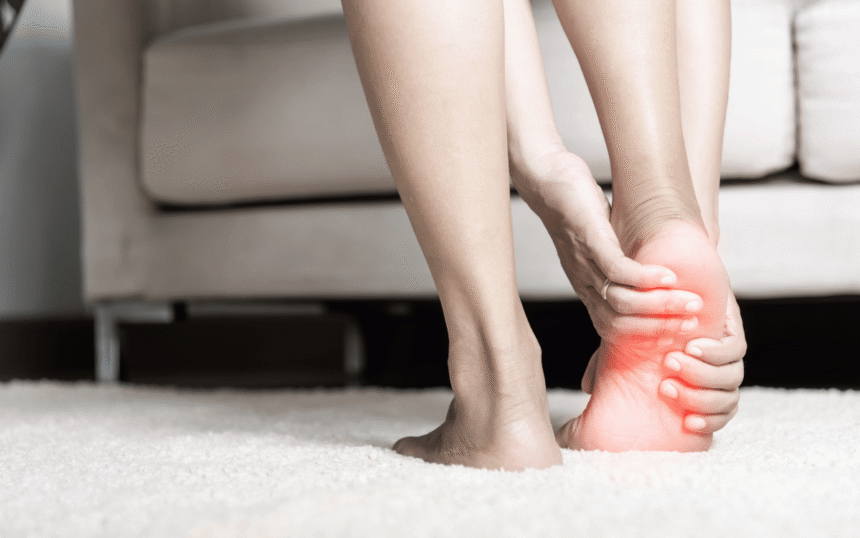Depression is often misunderstood as simply feeling sad or down, but in reality, it is a complex mental health condition that affects how a person thinks, feels, and functions daily. While sadness is a natural human emotion, depression is persistent, overwhelming, and impacts every aspect of life. Understanding the signs, treatment options, and when to seek help can make a profound difference in managing and overcoming this condition.
Understanding Depression: Beyond Everyday Sadness
Everyone experiences sadness at times—after a loss, disappointment, or stress. However, depression goes far beyond this temporary emotional state. It can last for weeks, months, or even years and often occurs without a clear cause.
Depression is not a sign of weakness or a character flaw. It’s a legitimate medical condition that can affect anyone, regardless of age, gender, or background.
Common Signs and Symptoms of Depression
Recognizing depression is the first step toward healing. Symptoms can vary, but common signs include:
Emotional and Cognitive Symptoms
- Persistent feelings of sadness, hopelessness, or emptiness
- Loss of interest or pleasure in previously enjoyed activities (anhedonia)
- Difficulty concentrating, making decisions, or remembering things
- Feelings of guilt, worthlessness, or helplessness
- Thoughts of death or suicide
Physical Symptoms
- Changes in appetite (eating too much or too little)
- Sleep disturbances (insomnia or oversleeping)
- Fatigue or lack of energy
- Aches, pains, or digestive problems without a clear cause
If these symptoms persist for more than two weeks and interfere with daily functioning, it may be clinical depression.
Types of Depression
Understanding the type of depression can help in choosing the right treatment:
- Major Depressive Disorder (MDD): Severe symptoms that interfere with work, sleep, and relationships.
- Persistent Depressive Disorder (Dysthymia): Long-term, less severe depression lasting two years or more.
- Bipolar Disorder: Alternating episodes of depression and mania.
- Seasonal Affective Disorder (SAD): Depression related to seasonal changes, typically in winter.
- Postpartum Depression: Occurs after childbirth, often more intense than the “baby blues.”
What Causes Depression?
There is no single cause. Depression often results from a combination of:
- Biological factors: Imbalances in brain chemicals (neurotransmitters) like serotonin and dopamine.
- Genetics: A family history of depression can increase risk.
- Psychological factors: Trauma, stress, or unresolved emotional issues.
- Environmental factors: Chronic stress, isolation, financial difficulties, or abusive relationships.
Effective Treatment Options for Depression
The good news is that depression is treatable. Options include:
1. Psychotherapy
- Cognitive Behavioral Therapy (CBT): Helps identify and change negative thought patterns.
- Interpersonal Therapy (IPT): Focuses on improving relationships and communication.
- Psychodynamic Therapy: Explores unconscious thoughts and past experiences.
2. Medication
- Antidepressants: SSRIs, SNRIs, and other classes can help balance brain chemicals. Always taken under a doctor’s supervision.
3. Lifestyle Changes
- Regular exercise
- Balanced diet
- Reducing alcohol and caffeine
- Establishing a consistent sleep routine
4. Mindfulness and Relaxation Techniques
- Meditation
- Yoga
- Journaling
5. Alternative Treatments
- Light therapy (especially for SAD)
- Acupuncture
- Herbal supplements (consult a doctor before use)
When to Seek Help
It’s important to seek professional help if:
- Symptoms last longer than two weeks
- Daily functioning is impaired
- There are thoughts of self-harm or suicide
- Nothing seems to alleviate the symptoms
Early intervention can lead to better outcomes. Talking to a general practitioner, psychologist, or psychiatrist can provide clarity and start the path to recovery.
Breaking the Stigma Around Depression
One of the biggest barriers to treatment is the stigma surrounding mental health. Depression is not a choice or a weakness—it’s a medical condition that deserves understanding, compassion, and professional care. Speaking openly about mental health helps others feel less alone and encourages more people to seek help.
FAQs About Depression
1. Can depression go away on its own?
Mild cases might improve over time, but persistent or severe depression usually requires professional help.
2. What’s the difference between sadness and depression?
Sadness is temporary and often linked to a specific event, while depression is long-lasting and impacts daily life.
3. Are antidepressants addictive?
Most antidepressants are not addictive, but they should be taken as prescribed and tapered under medical supervision.
4. How long does treatment for depression take?
It varies by individual—some may feel better in weeks, while others require long-term care.
5. Can lifestyle changes alone treat depression?
For mild depression, lifestyle changes may help, but moderate to severe cases typically need therapy or medication.
6. Is depression more common in women than men?
Yes, but men may be less likely to seek help and often show different symptoms like anger or substance use.
7. Can children and teens get depression?
Absolutely. Depression can affect people of all ages and should be taken seriously in younger individuals.
8. What should I do if someone I know is depressed?
Offer support, listen without judgment, and encourage them to seek professional help.
Final Thought
Depression is more than sadness—it’s a deep, complex condition that affects millions. By recognizing the symptoms, understanding the causes, exploring treatment options, and knowing when to ask for help, you can take the first steps toward healing. Remember: you are not alone, and help is always available.









